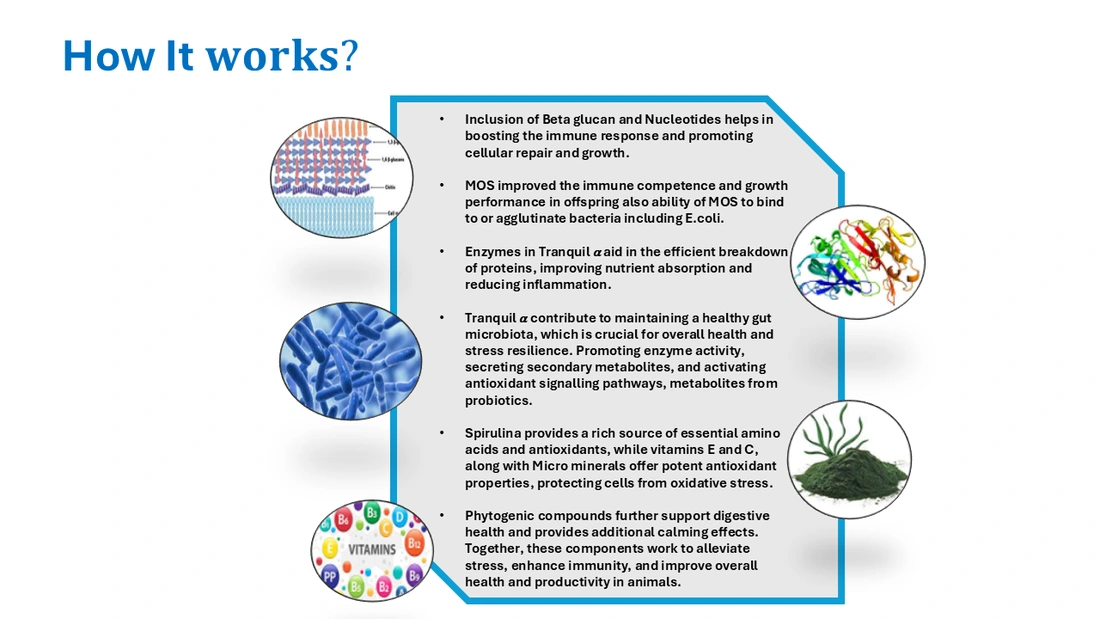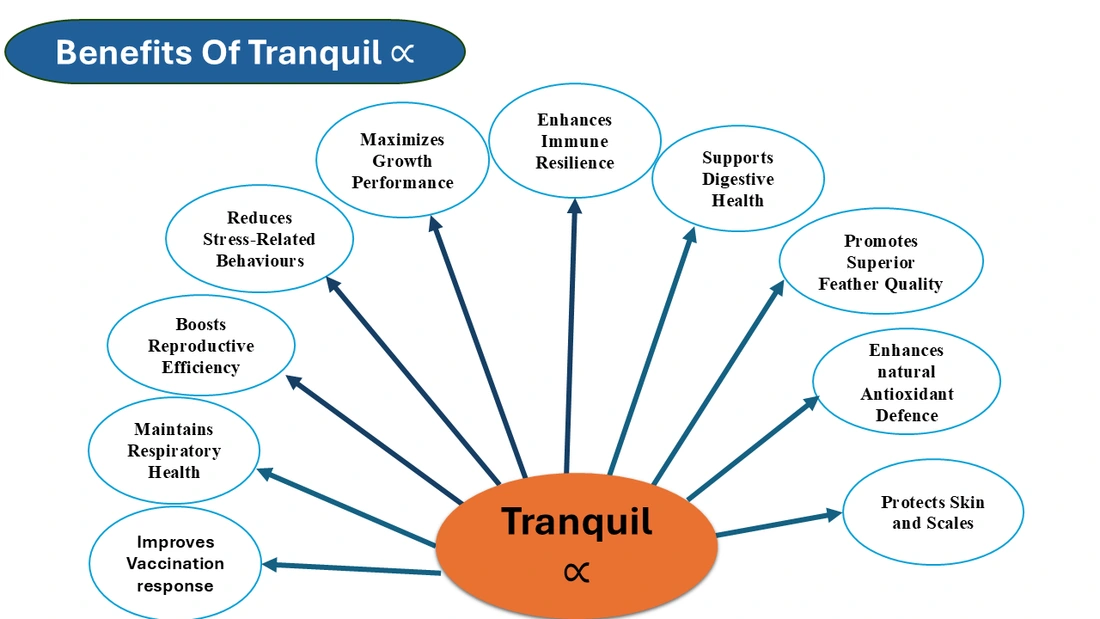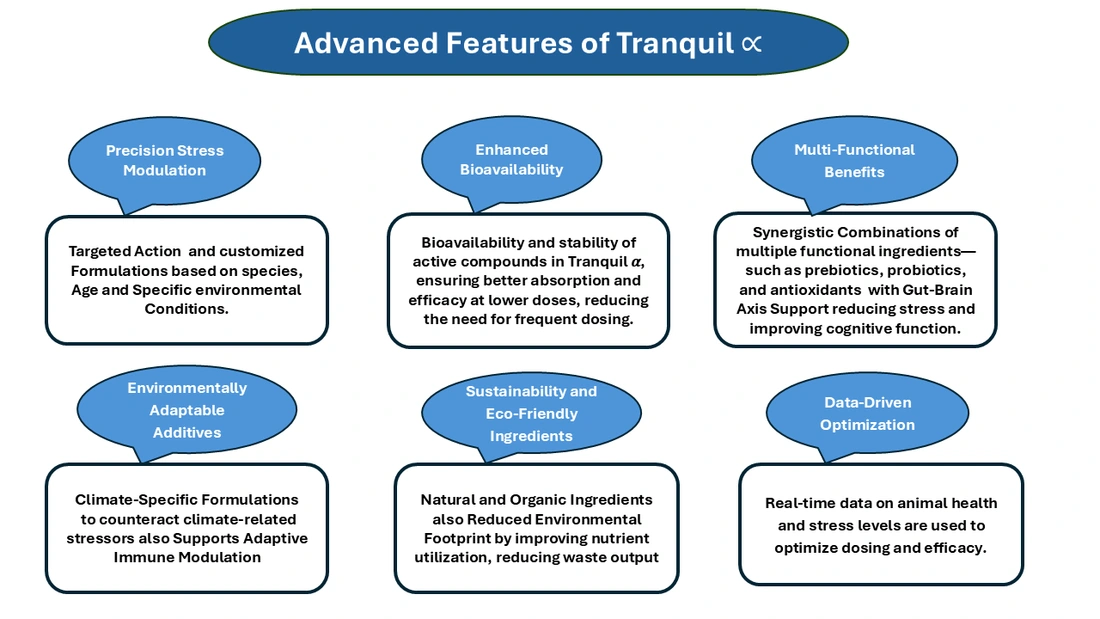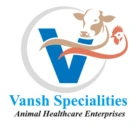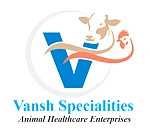
Stress in Swine
Stress
Inducing Factors
Weaning: Separation from
the sow causes distress due to loss of maternal care and milk. Introduction to
new social groups can lead to aggression and competition. Transition from milk
to solid feed causes digestive upset and reduced feed intake this Sudden diet
changes can lead to nutritional imbalances.
Transportation: Transportation
stress is an important factor for meat quality through accelerating muscle
glycogenolysis and decreasing water holding capacity. Handling and loading
cause acute stress due to unfamiliar environments and rough handling. Noise,
vibration, and temperature fluctuations during transport can cause stress.
Pregnancy: Inadequate
housing Restrictive or uncomfortable housing can cause chronic stress. Limited
space and aggressive interactions with other sows can lead to stress.
Heat-stress sows during pregnancy present with hyperpnea, constipation, severe
metabolic burden and depress litter size.
Parturition (Birthing): The
birthing process itself is physically demanding and stressful. Noise, handling,
and the presence of unfamiliar individuals can increase stress during
parturition.
Vaccinations and Diseases: The
physical act of vaccination can cause immediate stress. Diseases and the immune
response to vaccination can lead to discomfort and stress.
Environmental Changes: Extremes of
heat or cold can cause thermal stress. Moving to new or unfamiliar environments
can be stressful. Inadequate air quality can lead to respiratory stress.
Poor welfare: Poor
welfare conditions leads to psychological and physical distress in farms where
pigs experience sudden temperature changes, uncomfortable housing management,
aggressive manual handling, and overcrowded systems.
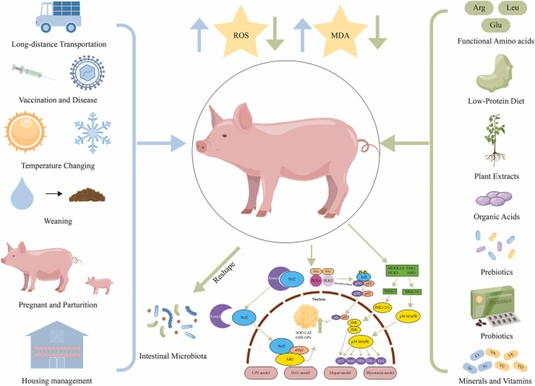 Effects of stress
Effects of stress After stimulation, an organism produces a series of biomarkers, such as reactive oxygen species (ROS), malondialdehyde (MDA) cortisol, and immunoglobulins (Ig). mitochondrial disorders and destruction of the intestinal barrier were induced by excessive ROS. Under these conditions, the immune function and intestinal permeability of piglets are likely to be disrupted causing diarrhea or growth retardation. Transportation stress is an important factor for meat quality through accelerating muscle glycogenolysis and decreasing water holding capacity. Heat-stressed sows, particularly during gestation, present with hyperpnea, constipation, severe metabolic burden and depressed litter size.
Intestinal barrier function
Structurally, as weaning stress and oxidative stress weaken the multiple mucins and tight junction proteins, the morphology of the small intestine changes obviously, with decreased villus height and increased crypt depth (Cao et al., 2022). Functionally, bacterial endotoxins and antigen proteins tend to break through a compromised mucosal barrier by pattern recognition receptors, eliciting a release of pro-inflammatory cytokines including interleukin-1β, tumor necrosis factor-α (TNF-α), and IFN-γ (Lee et al., 2017; Tang et al., 2022). Enteric tract infections decrease the activity of Na+-K+-ATPase and Ca2+-Mg2+-ATPase, which are ion pumps that maintain ion balance, in pig small intestinal epithelial cells (Wang et al., 2019d).
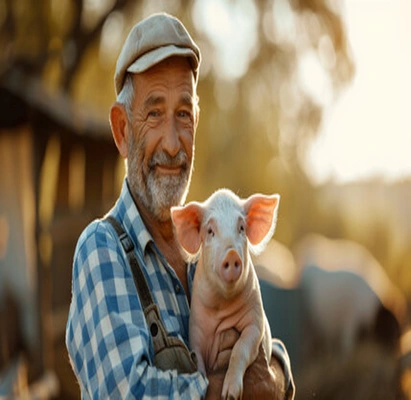 Need for Stress Relief Feed additive
Need for Stress Relief Feed additiveThe demand for stress-relief feed additives is likely to increase as livestock industries face growing challenges related to animal welfare, environmental pressures, and consumer expectations. Advanced features of these additives will need to address these evolving needs effectively.
- Increased Environmental Stressors: As climate change leads to more extreme weather conditions, animals will face heightened environmental stress. Feed additives that can mitigate heat stress, cold stress, and other environmental challenges will be increasingly essential.
- Intensified Production Systems: With the push for higher productivity in confined production systems, animals will experience more stress due to overcrowding, limited space, and high stocking densities. Additives that enhance resilience in these high-pressure environments will be in demand.
- Consumer-Driven Welfare Standards: Growing consumer concern for animal welfare will drive the need for additives that can reduce stress and improve the overall well-being of animals. Products that can demonstrably reduce stress will align with ethical farming practices.
- Sustainability and Resource Efficiency: As the industry moves toward more sustainable practices, stress-relief additives that also enhance feed efficiency and reduce waste will be critical.
- Health and Disease Management: The increasing prevalence of diseases due to stress will necessitate feed additives that not only reduce stress but also support immune function and overall health.
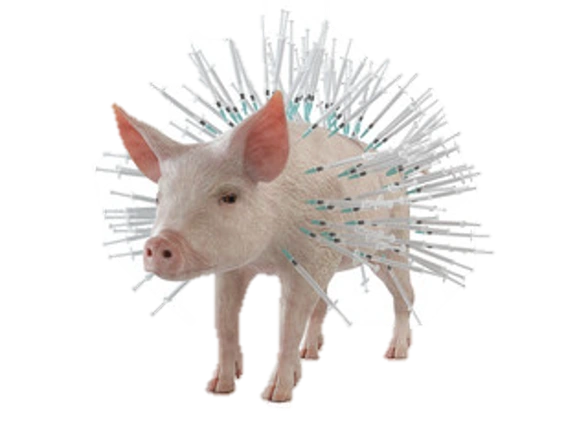
Strategies to mitigate stress
The use of antibiotics is a common treatment for bacterial infection. However, long-term or improper use of antibiotics in swine permanently contributes to dysbiosis of the gut microbiome, which is reflected in the increase of antibiotic-resistant microbes and the loss of microbiome diversity (Ubeda et al., 2010; Looft et al., 2012; Perez-Cobas et al., 2013).
As antibiotic regulations arise, environmentally friendly alternatives are urgently needed in the breeding industry (Landers et al., 2012).
Nutritional interventions are effective strategies to limit or alleviate the degree of health problems and unnecessary growth losses, especially for oxidative stress and pathogenic infection (Lauridsen. 2019).
In recent decades, functional amino acids, low protein diet, plant extracts, organic acids, prebiotics, probiotics, minerals and vitamins have received increasing attention. These measures show potential to reshape the composition of the gut microbiota, improve intestinal barrier function and nutrient absorption as alternatives to antibiotics.
Our Solution

Tranquil 𝛼
Tranquil 𝛼 is a revolutionary feed additive meticulously crafted to transform animal farming by effectively managing stress. Harnessing the power of natural calming agents and cutting-edge formulations, Tranquil 𝛼 ensures your broilers thrive in a stress-free environment. By reducing stress-related behaviours and enhancing overall well-being, it optimizes feed efficiency and supports robust growth, improving the colour stability and quality of meat.
